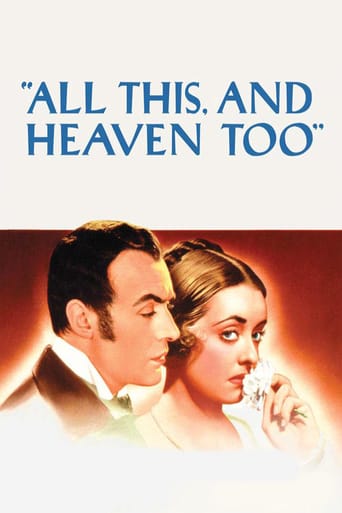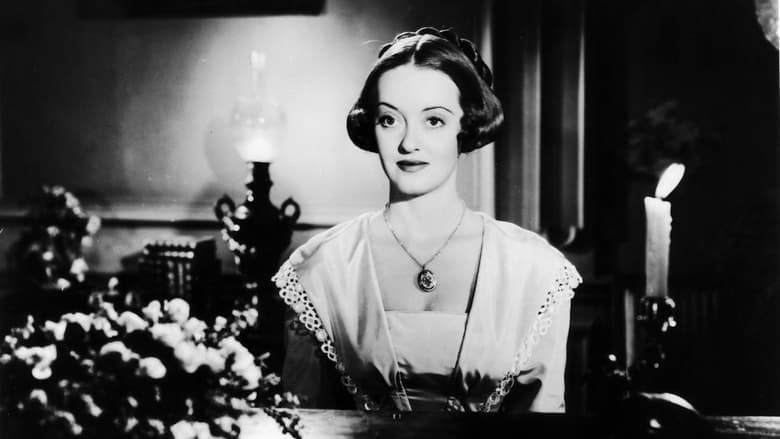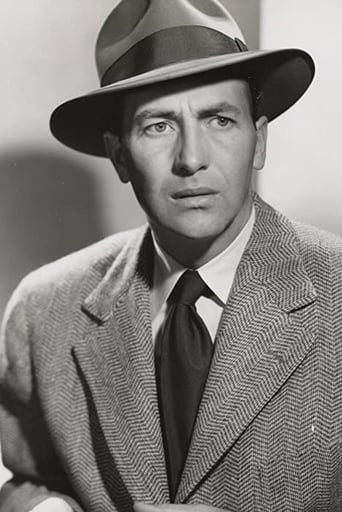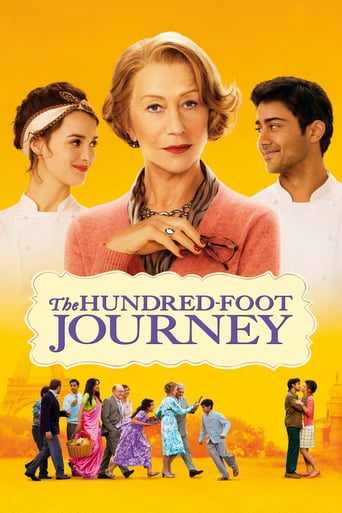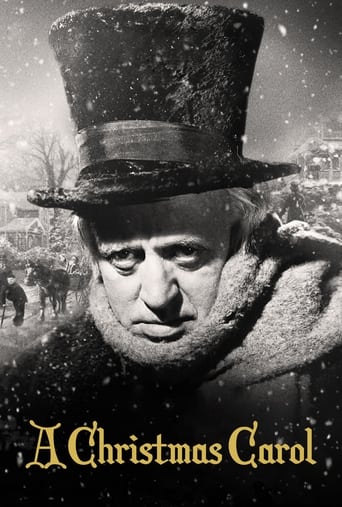All This, and Heaven Too (1940)
When lovely and virtuous governess Henriette Deluzy comes to educate the children of the debonair Duc de Praslin, a royal subject to King Louis-Philippe and the husband of the volatile and obsessive Duchesse de Praslin, she instantly incurs the wrath of her mistress, who is insanely jealous of anyone who comes near her estranged husband. Though she saves the duchess's little son from a near-death illness and warms herself to all the children, she is nevertheless dismissed by the vengeful duchess. Meanwhile, the attraction between the duke and Henriette continues to grow, eventually leading to tragedy.
Watch Trailer
Cast


Similar titles
Reviews
I quote this line from Pierre's worthy advice for Henriette to leave the house before it's too late.Unfortunately she declined the advice and insisted on staying bringing catastrophic incidents on the whole family including the man she loved.I think that Henriette didn't really love Le Duc but she only admired his character as being decent gentle and a kind father.She tells Pierre that Le Duc is a fine gentleman. If it were a real sincere love Henriette would have left the house as soon as possible saving the children and the man she loved the tragic incidents that happened later Charles Boyer's natural gift of subtle romantic performance remains insuperable.He stole the scenes whenever he appeared on the screen and the scene of his dying was really a masterpiece.I wonder why he is underappreciated and one can rarely find critics discussing or analysing his work.In fact the whole atmosphere of the movie is enchanting and captivating.I must admit that I am caught in the spell of the movie especially Boyer's magic performance and I don't even wish to escape.
For reasons that elude me this film has never (to my knowledge) been screened in any Revival house in my vicinity and/or on TV, all the more strange as it emanates from what was Bette Davis' prime career period. Slotted in its chronological position amidst the Jezebels, Dark Victorys, Now, Voyagers, Letters, Little Foxes etc it offers yet another example of the versatility of a powerful and consummate actress. The story is more or less true, based on a factoid (though the word was not in use at the time) account by Rachel Field, a direct descendant of one of the protagonists. The Duc de Praslin (Charles Boyer), trapped in an unhappy marriage with a needy wife (Barbara O'Neil) hires Henriette Duzy (Bette Davis) as governess to his four children. O'Neil takes an instant dislike to Davis, her very presence in the household fanning the flames of an insatiable jealousy even as the four children - to say nothing of Boyer himself - are enraptured by her. In a running time of two hours and twenty minutes Boyer and Davis never so much as hold hands let alone embrace or kiss yet the deep love between them is palpable. In a film of fine performances, not least Harry Davenport as Pierre, Barbara O'Neil steals it lock, stock and barrel, more than likely urged on by Davis who surly 'coached' her off screen to pull out all the stops in her portrayal of a world-class bitch. This is a 'woman's picture' woman's picture from the heart of the period when they were flavour of the month. Excellent.
Bette Davis stars as Henriette, a governess who comes to work in the Paris home of the Duc de Praslin (Charles Boyer), in 1847. The Duc's jealous wife has always made his life difficult and the presence of the pretty, young governess brings their marriage to the boiling point. The Duc's children soon adore Henriette and he grows close to her, too, but does he feel gratitude for a job well done or is he falling in love with her? This romance/murder was based on a true story which was instrumental in bringing about the French Revolution of 1848. The movie is generally entertaining but falls short in several areas. First, the cast all overact so much that it quickly becomes soap-opera/melodrama. The costumes and interior sets are elegant, but the exteriors are cheap fakes. The movie is 30 minutes too long and consists mostly of exaggerated, grand speeches that aren't at all realistic. Davis sounds like Davis, which is to say, not French in the least. None of the others (except Boyer, of course) attempt a French accent, either, and the youngest child sounds Southern when he calls Davis, "Mahdum-mo-zayull." Homespun character actor Henry Davenport is also miscast as a Frenchman. Handsome Boyer gets a lot of close-ups but one can't tell if he's trying to be suave and loving or suave and sinister.Typical of the women's movies of the day, there are lots of tears and swelling violins and noble self-sacrificing, but it's just an okay movie for me.
The film "All this and Heaven Too", from 1940, and directed by Anatole Litvak is a true love story. Madamusel Deluzy is a young woman that is alone in the world trying to find her way. She lands a job as a governess for the prominent Duc and Duchesses and their four beautiful children. Deluzy is a very kind hearted woman that is great with the children and gets along very well except for the one main person that she needs too, the Duchesses. The Duchesses feels that in the time that Deluzy has been employed in her home, she has been able to steal all the love and affection from her children and husband that she deserves. The Duchesses refuses to see that all this affection she is claiming to have stolen from her was gone way before the governess was there. The Duchesses is a very over dramatic woman that thinks everything going wrong in her life is someone else's fault, but none of it her own. While she sits locked in her room away from the rest of the house, it is true that the Duc and Governess are becoming closer as friends by way of the children. The Duc is a good father that wants to be there during some of their studies, causing him to in turn spend time with her. Everyone that isn't in the situation and is simply looking in thinks that there is more to them then just friendship. By the end, the governess is actually thrown out of the home when the Duchesses bluntly accused Deluzy of stealing away the Duc her. She leaves with no fight, and continues on with her life, but never forgets about what was there. The truth is she did fall in love with the Duc, and the Duc had fallen in love with her. The both of them had too much respect for the children to ever do something about it and make them suffer from the decisions they had made. I really enjoyed this movie. It was very well written, but the acting of Betty Davis really pulled everything together and made the audience feel the love & pain that she was going through.

